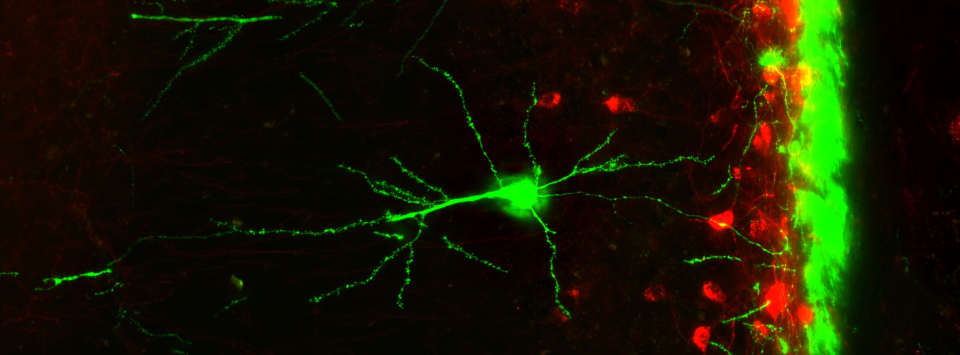The goal of the Pleil lab is to uncover the mechanisms by which endogenous signaling molecules signal in the brain and other organs to shape the activity of neural circuits that control emotion- and alcohol/drug-related behaviors. To do this, we use a host of converging in vivo, ex vivo, and molecular techniques to study how steroid hormones regulate the function of neuropeptidergic brain circuits and their downstream signaling. With other Weill Cornell labs and external collaborators, the Pleil lab further studies plasticity in bidirectional brain-periphery communication following chronic stressor exposure (alcohol/drugs, metabolic challenges, psychosocial stress); we examine how hormone synthesis and signaling mechanisms in peripheral organs contribute to neural plasticity associated with neuropsychiatric disease states, and how maladaptive changes in brain circuit function affect peripheral physiology. We welcome collaboration with other investigators who seek to better understand hormonal/neuropeptidergic mechanisms across the brain and body that underlie adaptive function in health and maladaptive plasticity in disease.
Affiliations

The Pleil lab is in the Department of Pharmacology, and Dr. Pleil is a faculty member in the Pharmacology and Neuroscience graduate programs in the Weill Cornell Graduate School of Medical Sciences.



